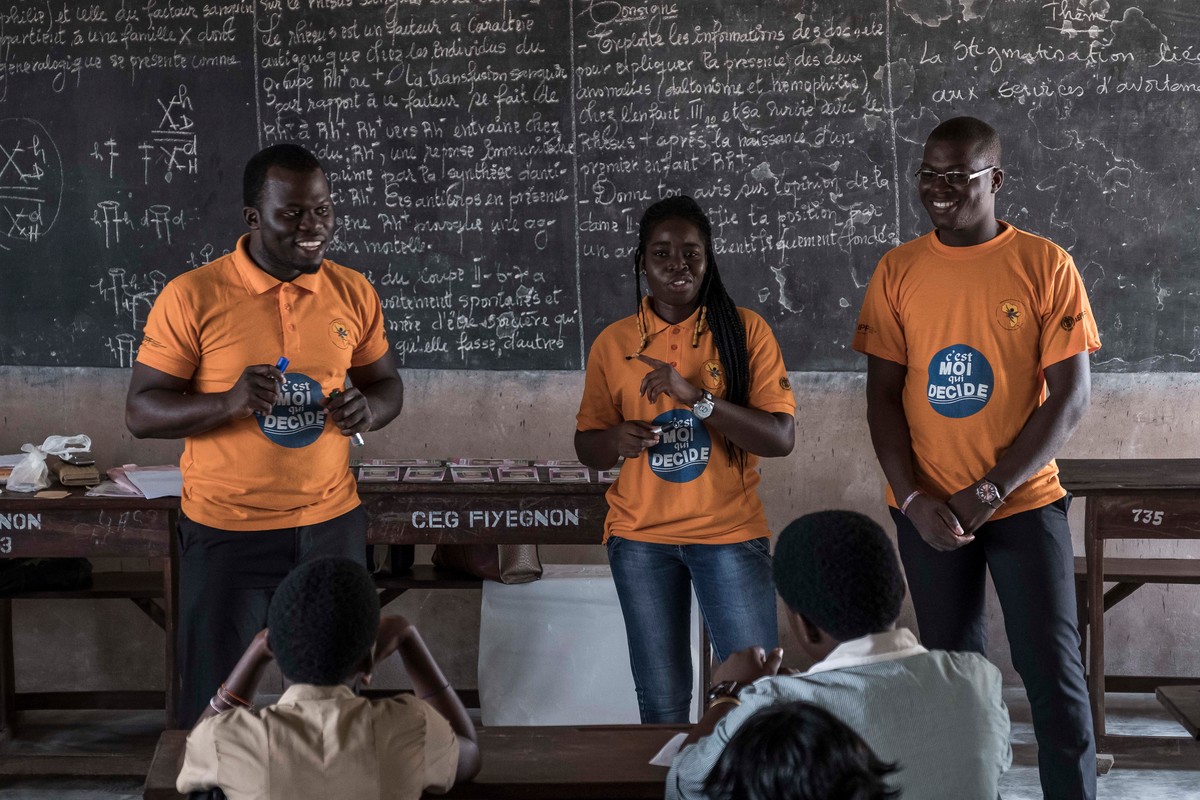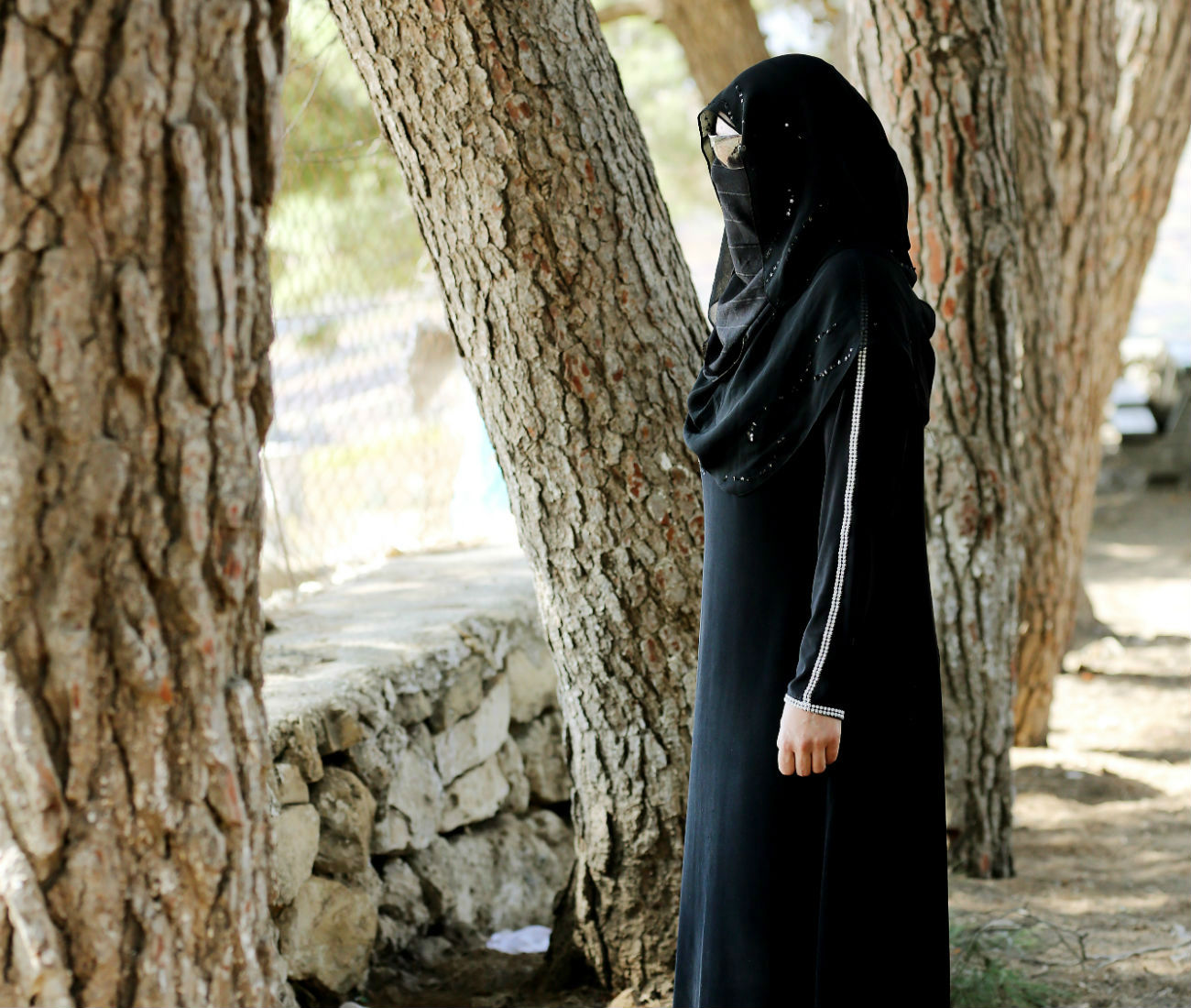Palestinian Family Planning and Protection Association (PFPPA)
Established in Jerusalem in 1964, the Palestinian Family Planning and Protection Association (PFPPA) is locally registered as an independent, non-profit and non-governmental associations with its headquarter office being in Jerusalem.
According to PFPPA’s 2016- 2022 Strategic plan, it aims to:
- Modify policies and decisions to respect Sexual Reproductive Health Rights (SRHR) and gender equity.
- Provide information for people to make well informed decision and choices regarding their SRHR.
- Deliver rights based, high quality integrated SRH services.
- Enhance the association is high performing, efficient, transparent and accountable.
PFPPA has service delivery points, located in the West Bank Areas of Ramallah, Bethlehem, Hebron and Halhoul, in addition to one in the Gaza Strip. Furthermore, and in cooperation with local partners PFPPA is also responsible for 5 safe spaces to provide Gender Based Violence (GBV) related services in the Jerusalem area.
PFPPA is known for the provision of comprehensive and diverse services, mainly related to:
- Sexual and reproductive health services (including that related to GBV), particularly for girls and women.
- Demand generation and mobile medical team activities reaching the most marginalized groups and areas.
- Raising awareness on SRH including comprehensive sexuality education (in and out of schools).
- Mobilizing activists and civil society actors to advocate for reforming laws that advance SRH and influence national policy.
- Conducting applied national studies related to unmet SRH needs.
- Training for young leaders, staff, service providers and community leaders from local governmental and non-governmental organizations.
In the past two years alone, PFPPA has been able to reach nearly 190,000 clients with over 850,000 services, over 80% being poor and vulnerable and over 85% being female also noting the vast majority being served within a humanitarian context.










